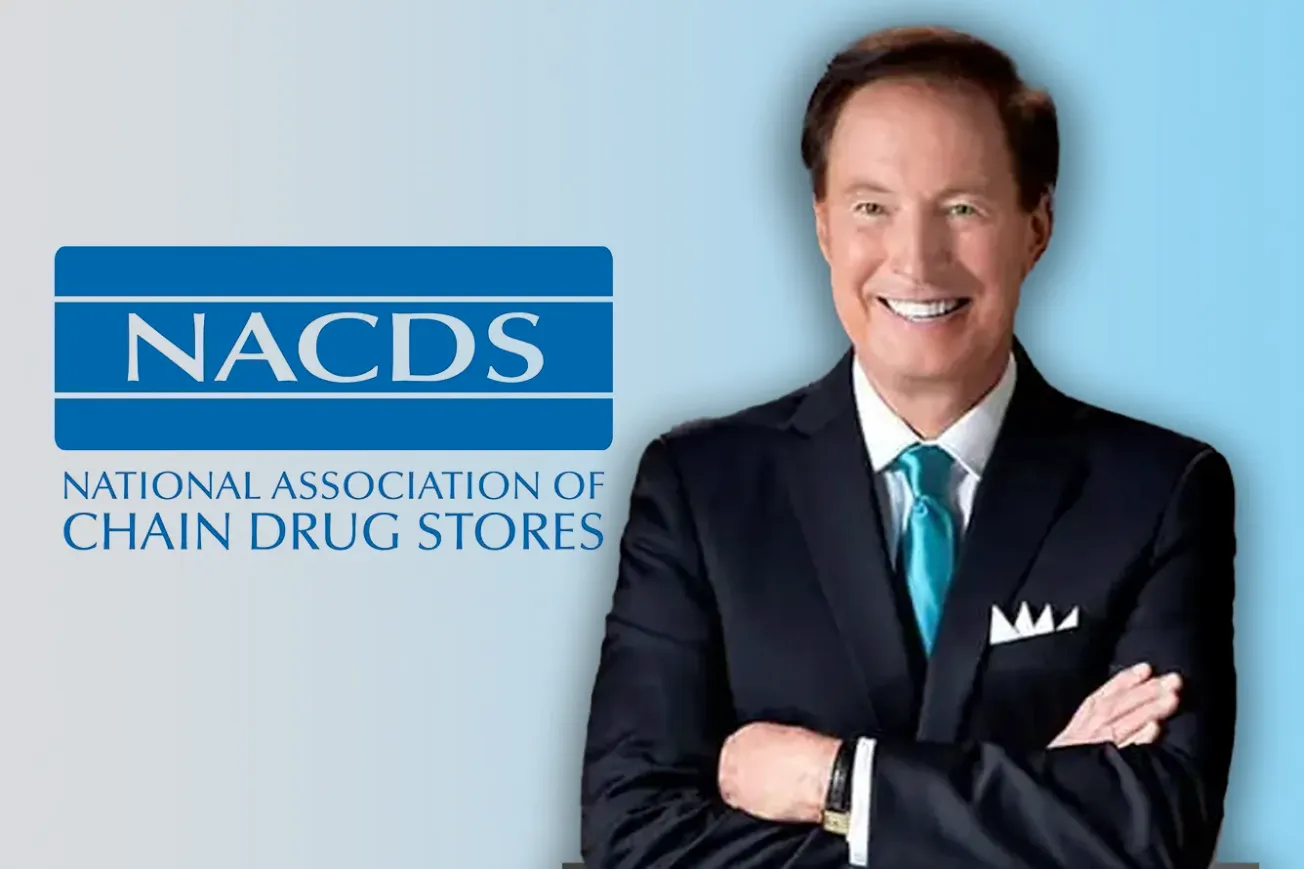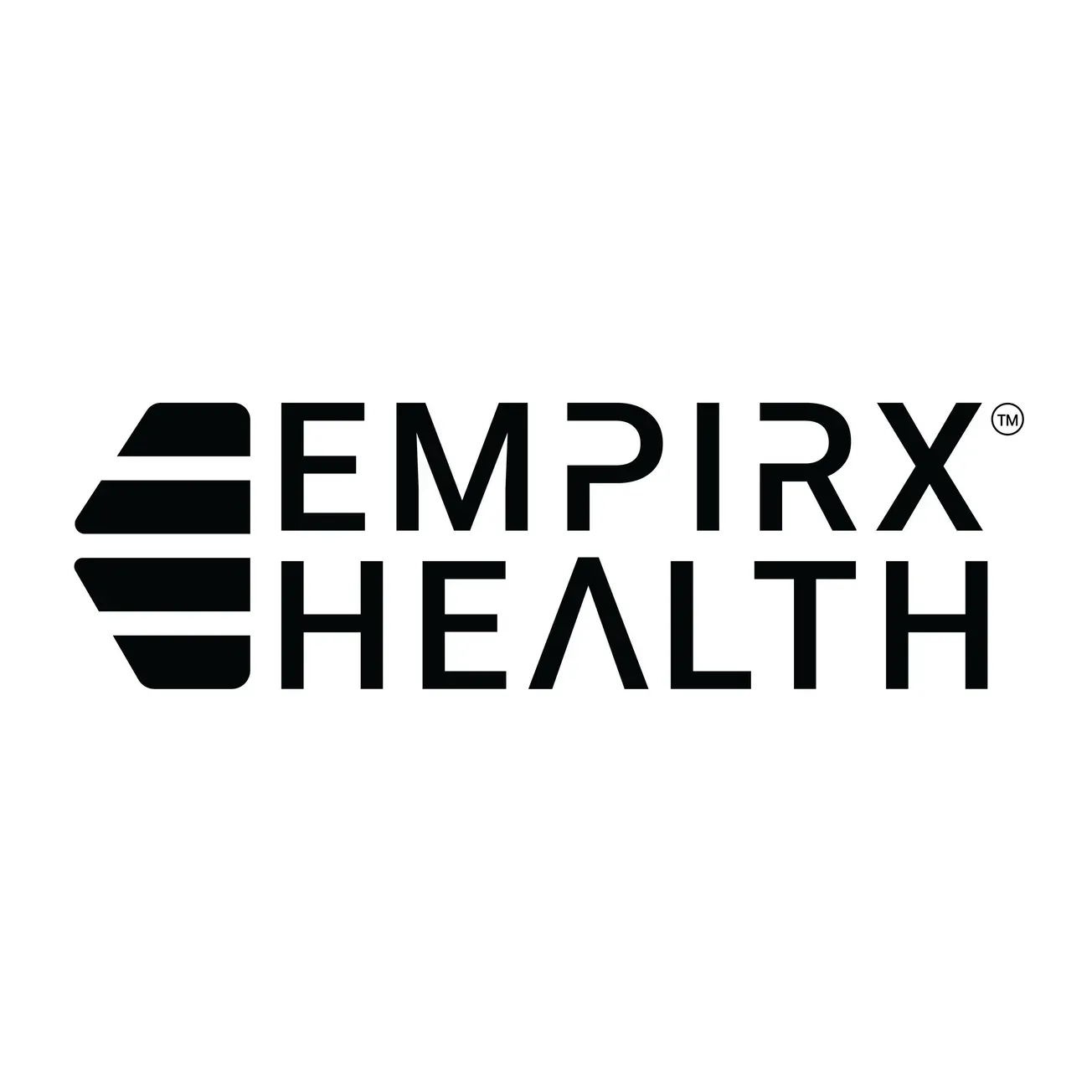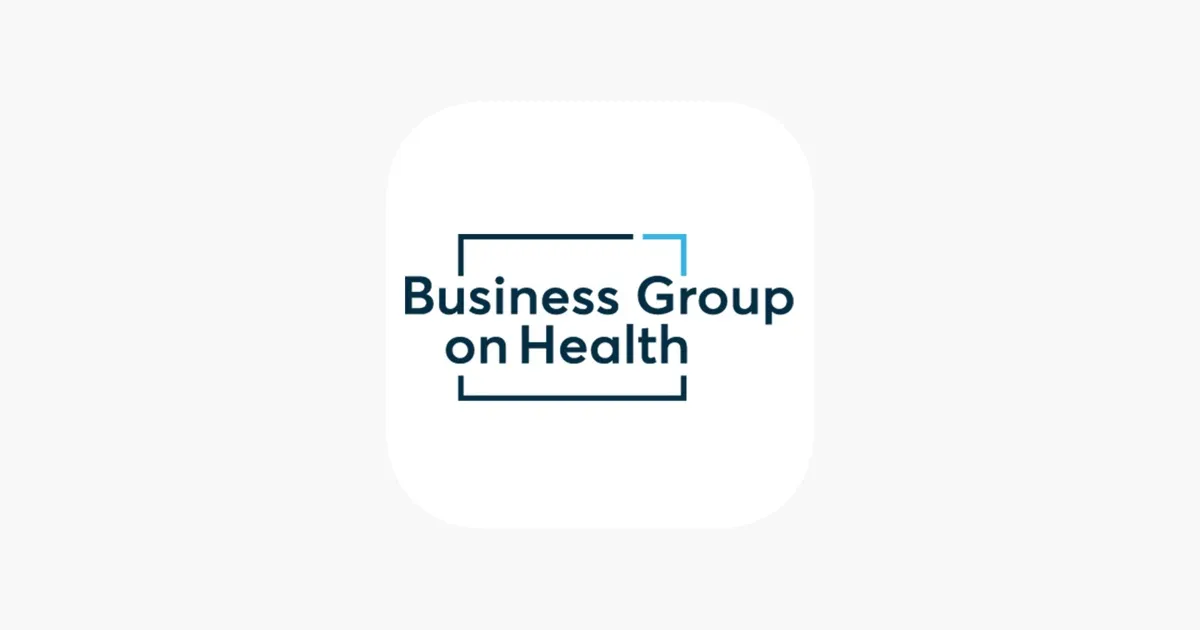By Lee Ann Stember, President, CEO National Council for Prescription
Drug Programs
Pharmacy interoperability has become a hot topic and a health care imperative. Multiple factors, including a primary care shortage, increased chronic health conditions, shrinking profit margins and a challenging pharmacy business model, are compelling greater participation by pharmacists in clinical services and coordination of patient care. In this expanding role, pharmacists can help fill gaps in care and improve care quality, leading to better health outcomes. For that to happen, pharmacists must be able to access and exchange clinical data efficiently with other health care providers through interoperable technology.

There are multiple efforts under way to improve interoperability throughout health care, and we are seeing increased focus on including pharmacy in those efforts.
In 2023, the Assistant Secretary for Technology Policy and Office of the National Coordinator for Health Information Technology (ASTP/ONC) shed a spotlight on the need to advance pharmacy interoperability with its Pharmacy Interoperability and Emerging Therapeutics Task Force. NCPDP member leaders were among the diverse health care industry stakeholders participating on the Task Force that delivered 34 recommendations to ASTP/ONC. NCPDP is playing a leadership role in advancing seven of those industry recommendations in collaboration with ASTP/ONC.
In 2024, Point-of-Care Partners (POCP) assessed the current pharmacy technology landscape to provide guidance on steps needed to support pharmacists’ evolving role in clinical services and patient care. The NCPDP Foundation funded the research and resulting white paper, “Pharmacy Interoperability: A Comprehensive Assessment of the Current Landscape.” The paper highlights challenges and opportunities around the increasing need for data exchange, workflow integration, standards and technology adoption, system integration, new reimbursement models, data access with privacy and security, and integration of AI.
The time to act on pharmacy interoperability is now
Findings of the industry assessment underscore the urgency of addressing pharmacy interoperability. As the standards development organization (SDO) for pharmacy services, NCPDP has prioritized the development of interoperable standards for clinical data exchange to support coordination of care with the pharmacist as a trusted member of the care team. We are also collaborating with broader health care interoperability initiatives to address other pharmacy integration challenges.
Pharmacy data to support connected care
There is a need to define a core set of data elements that should be bi-directional between pharmacies and other health care providers to support coordinated care and enhance patient outcomes. NCPDP provides a forum for pharmacists, health plans, physicians and other stakeholders to work together to come to consensus on the most critical information. Today, certified EHRs must be able to exchange a standardized set of data as defined in the United States Core Data for Interoperability (USCDI). USCDI contains some medication-related data elements, but there is a need to identify additional pharmacy-related data that should be added and exchanged.
We currently have a task group that proactively reviews the standardized set of USCDI data elements and may recommend updating NCPDP data elements to align with USCDI and/or submit data elements found in our NCPDP standards for addition to USCDI.
Fostering adoption of existing NCPDP standards and transactions that already allow for exchange of important pharmacy data is also a priority for NCPDP. For example, the RxChange, CancelRx and RxFill transactions in our SCRIPT ePrescribing standard have been proven to support patient safety and medication management. The Pharmacy Interoperability Task Force recommended that ONC consider inclusion of these transactions in certification programs.
The NCPDP/HL7 Pharmacist eCare Plan is the standard most commonly used today by community pharmacists to document clinical services and share patient care information with other providers. NCPDP members have done considerable research on the eCare Plan and its potential for supporting pharmacist participation in coordinated care and value-based agreements. We are currently developing an executive summary highlighting our learnings and recommending next steps for potential enhancements for interoperability, greater use, and adoption. NCPDP’s MTM and Pharmacist Clinical Services Task Group will work with members of the HL7 Pharmacy Workgroup to update the eCare Plan as we need participation from pharmacy and medical stakeholders to address clinical and workflow needs for both.
Collaboration among all stakeholders
Changes necessary for an interoperable health care system where all entities are exchanging data safely, accurately and efficiently require the attention, ownership and collaboration of all stakeholders. For nearly five decades, NCPDP has been a convener and a collaborator, and today we are both leading and supporting standardization and interoperability efforts.
We are leading a collaboration with health plans to explore how pharmacy data and NCPDP standards can be exchanged efficiently and leveraged to support care management, better patient outcomes and improved quality metrics. To that end, the NCPDP Health Plan Subcommittee meets regularly with key plan representatives including clinical leaders, care management representatives, health plan quality experts, and prior authorization and network contracting leads.
NCPDP is working to increase health plan engagement in our forums, as well as that of other stakeholders, such as providers, pharmacy system vendors and patient advocates, whose perspectives, innovation and collaboration are crucial for increased adoption of NCPDP standards and pharmacy interoperability.
As the go-to convener for pharmacy standards, NCPDP proactively engages in work being done through the HL7 Accelerators to identify and inform jointly developed standards for interoperability and document use cases for NCPDP standards that can complement HL7 FHIR standards. The HL7 Pharmacy Work Group is co-led by an NCPDP member leader, and another of our members serves on the Clinical Advisory Committee of the HL7 DaVinci Accelerator, focused on data exchange for value-based care.
In another effort, NCPDP’s executive vice president of Strategy & Industry Alignment is co-chairing the new Sequoia Project Pharmacy Interoperability Workgroup, and NCPDP recently signed a Memorandum of Understanding with the Sequoia Project to increase collaboration. This workgroup will bring together organizations committed to evolving the patient care team by improving pharmacy interoperability.
Support for network compatibility
To meet the needs of true interoperability, pharmacy technology systems must be able to exchange patient-specific and clinical information with physician and health plan systems in real time. NCPDP is supporting this integration in multiple ways.
As part of the priority recommendations identified by ASTP/ONC, we are collaborating on a potential certification approach to establish key functionality for pharmacy-based interoperability across pharmacy practice settings. This would encourage adoption of the necessary standards and technologies for pharmacists to interact with providers throughout the test to treatment processes.
NCPDP can also play a role in encouraging pharmacy and pharmacist participation in the Trusted Exchange Framework and Common Agreement (TEFCA) by helping to educate pharmacy on TEFCA, its benefits, and what pharmacy systems need to do to participate. TEFCA was operationalized in late 2023 as a nationwide framework for secure health information sharing. Its network of Qualified Information Networks (QHINs) adhere to common rules for sharing of medical records as well as privacy and security provisions. Pharmacy participation as trusted entities in TEFCA would improve the pharmacist’s ability to query other providers, and providers to query pharmacies for patient data.
Patient matching and record linkage
Improved interoperability increases the need to accurately identify individuals for safe and efficient patient management and coordinated care. The Patient Experience Identifier Solution (PEI) is a vendor- and provider-neutral solution for managing patient identification across the health care ecosystem. The solution leverages NCPDP’s Universal Patient Identifier (UPI) incorporated into NCPDP Standards and Experian Health’s expansive consumer demographics and AI matching methodologies to accurately match patients and assign a unique UPI to each patient. A recent pilot aimed at increasing interoperability provided proof that the PEI improves the ability to identify a patient across multiple data sets in disparate systems across multiple states.
Pilot programs to test and evaluate
We anticipate the need for piloting pharmacy interoperability solutions as they evolve. NCPDP stands ready to organize and manage such pilots, with opportunities for participation from our diverse membership. ASTP/ONC recently selected NCPDP to conduct a pharmacy product availability pilot. It will focus on an interoperable IT solution that enables prescribers to confirm if the patient can obtain the medication being prescribed at the chosen pharmacy. NCPDP was selected for the pilot based on the work of our Product Locator Task Group, which has been exploring an automated technical solution for responding to inquiries regarding availability of medications.
NCPDP is committed to advancing pharmacy interoperability to optimize the value that pharmacists bring to patient care. We call on all industry stakeholders who share this commitment to collaborate with NCPDP in our task groups, stakeholder action groups and innovation roundtables.








